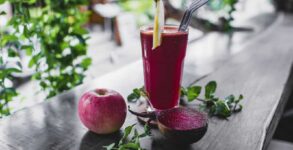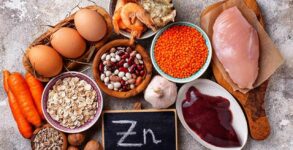For individuals managing diabetes, fasting during Navratri requires careful planning and mindful choices to maintain stable blood sugar levels.
Here’s a systematic approach with key points to help diabetic individuals navigate Navratri fasting:
-
Choose Low Glycaemic Index (GI) Foods:
Select foods with a low glycaemic index (GI) to regulate blood sugar levels. Low GI foods release glucose into the bloodstream gradually, preventing rapid spikes in blood sugar. Examples include spinach, broccoli, the gourd family, and cucumbers, which are rich in fibre and antioxidants, as well as pseudocoels like millets and quinoa.
-
Opt for High-Protein Foods:
Incorporate high-protein foods into your diet to help stabilize blood sugar levels during fasting. Protein-rich foods like tofu and paneer provide sustained energy and contribute to feelings of fullness. They also have minimal impact on blood glucose levels compared to high-carbohydrate foods.
-
Break Your Fast Wisely:
When breaking your fast, opt for nutrient-dense, balanced meals consisting of lean proteins and healthy fats to prevent blood sugar spikes. A handful of peanuts is something I’d recommend.
-
Limit Portion Sizes:
Be mindful of portion sizes to avoid overeating and potential spikes in blood sugar, even during fasting. Opt for smaller, balanced meals that include a variety of nutrient-dense foods. Dividing your plate into sections for vegetables, proteins, and pseudo cereals and dig into the protein first to minimise the post meal sugar spike.
-
Staying hydrated:
This is crucial during fasting, especially for those with diabetes, as dehydration can worsen blood sugar fluctuations. Drink plenty of water, herbal teas, or coconut water to maintain hydration without adding extra calories or sugar.
-
Include Fibre-Rich Foods:
Incorporate fibre-rich foods such as pseudocoels, legumes such as peanuts , fruits, and vegetables into meals to slow down sugar absorption and promote satiety. Fibre helps regulate blood sugar levels and prevents spikes after meals. I suggest you soak a tablespoon chia seeds and two to three chopped up prunes in a glass of water for twenty minutes, stir and consume-to ensures good gut health during the fasting days.


















